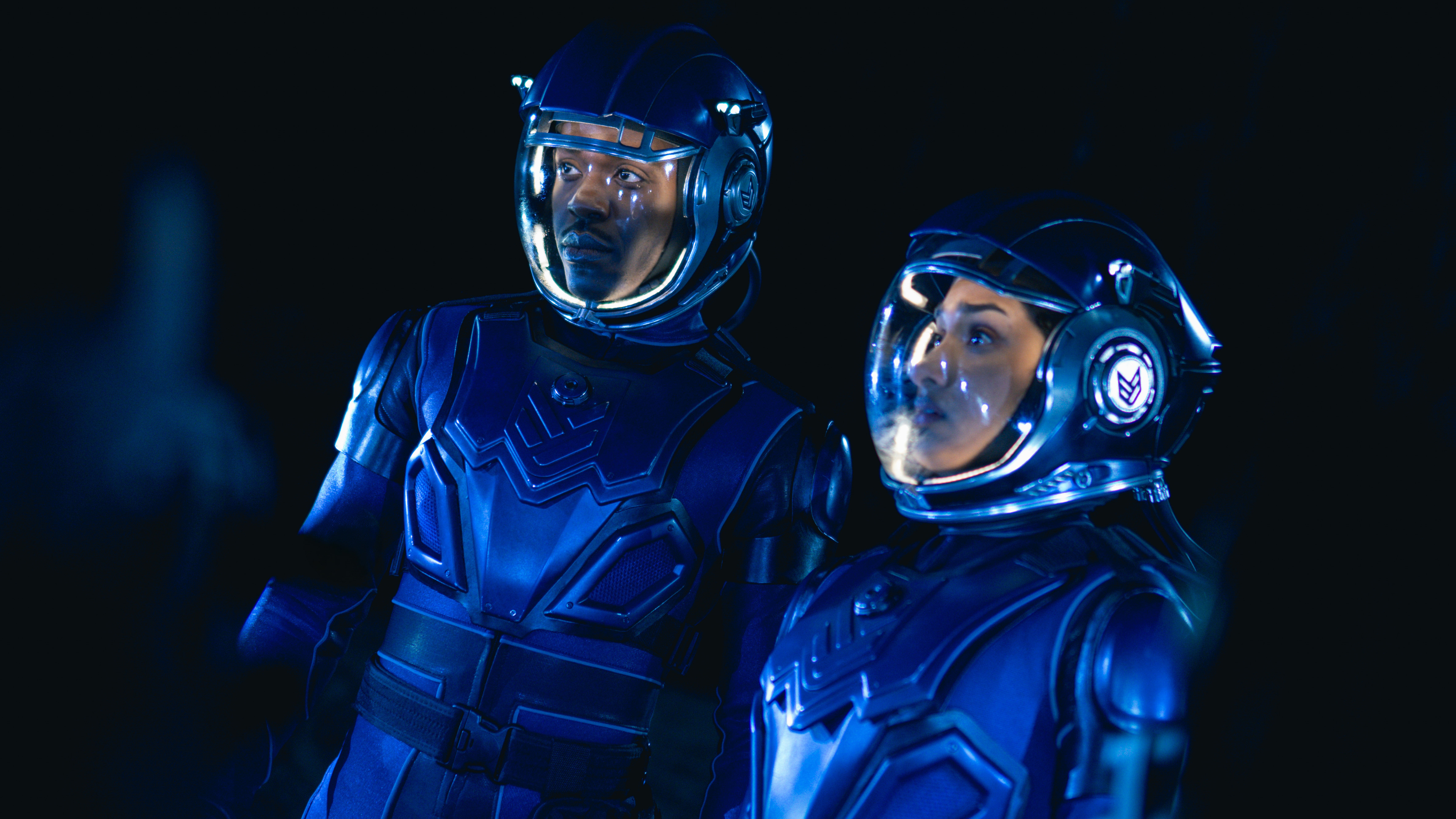Gaming's most fiendish anti-piracy tricks
Assassin's Creed II could learn a thing or two from these
Used in: Operation Flashpoint
How it worked: Like Arkham Asylum, the original Flashpoint chose to punish pirates with broken dreams of what might have been. But if Arkham was cruel and unusual punishment, Flashpoint was Guantanamo Bay.
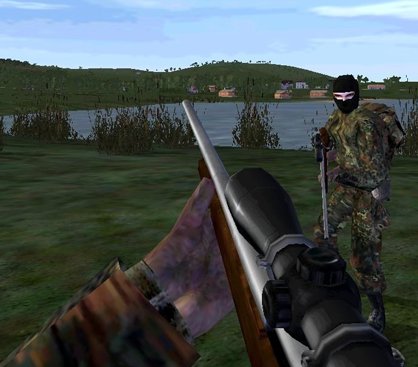
Above: Don't get excited. That's just a scoped pea-shooter
Using a system called FADE (which detected pirate copies by inserting fake errors in the original game code, which CD copiers would clean up, making rip-offs immediately obvious) dodgy copies would let the game run without any problems, but would gradually change the gameplay in increasingly horrible ways. Guns would lose accuracy, enemies would become bullet-sponges and the player’s character would gain the battle resilience of a dead jellyfish.
The mystery codec frequency
Used in: Metal Gear Solid
How it worked: By merging game and reality into an existential nightmare of troubled self-perception and frantic Gamefaqs searches. Many old games used access codes hidden within their manuals in order to ensure that gamers were playing retail copies, but when MGS director Hideo Kojima resurrected the trick, it was so wrapped up in his trademark arcanery and head-messing design that it just looked like another part of the game.
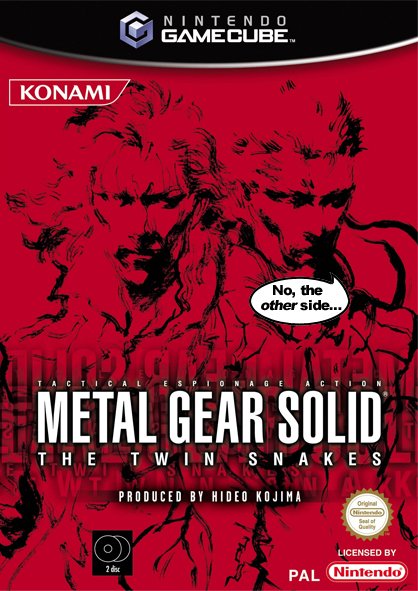
At one point in Metal Gear Solid, Snake has to work out how to contact Meryl via his codec in order to continue the story. The clue is that her codec frequency is on the back of the CD case, referring to a screenshot on the game box. In the Gamecube remake this became even more obtuse, the clue changing to “on the back of the package”. Cue the world’s unwitting Nintendites searching every object in the game for hours on end.
Sign up to the GamesRadar+ Newsletter
Weekly digests, tales from the communities you love, and more
The never-ending boat trip/ Rapidly-ending Chronicles
Used in: Dragon Quest V on DS / Final Fantasy Crystal Chronicles: Ring of Fates
How it worked: It’s surprising, given the vampiric ROM-feast that is the DS pirate scene, that more publishers don’t take a hard-line stance on copy protection. Maybe the 942 billion DS owners out there make profits so easy that it doesn’t matter. To Square-Enix though, it matters. It matters hard.
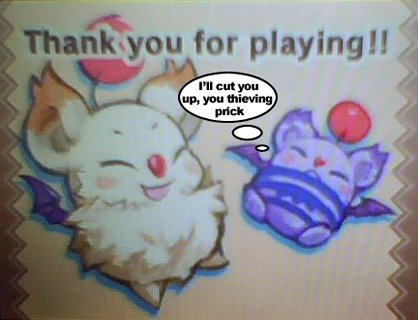
Thus, the most recent DS entries to its two flagship series spanked pirates where it hurt. The intro sequence in Dragon Quest V looped infinitely in knock-off copies, meaning that only very patient sailing obsessives needed apply. FFCC turned into a 20 minute demo, complete with a “Thank you for playing” kick in the stones from a couple of jolly Moogles at the end.
A novel approach
Used in: The Silicon Dreams trilogy
How it worked: There was a major fad in the ‘80s and ‘90s for bundling home computer games with huge amounts of swag and tat as an incentive to buy a real copy. PC game boxes were frequently the size of the 2001 monolith, and contained nearly enough free merchandise to cause the evolution of monkeys.
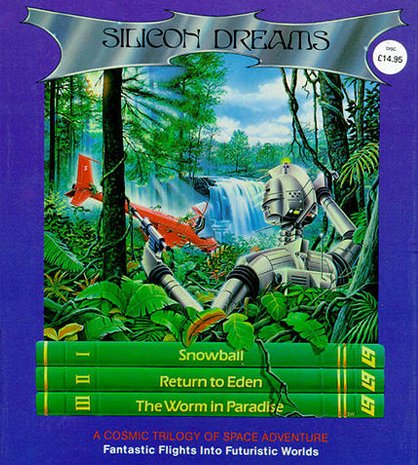
In the '80s, box art was seriously rock 'n' roll
When developer Level 9 released its Silicon Dreams interactive fiction series in a bundle pack in 1986, it threw in a free, full-length novella as an introduction to the third game’s story. The catch? The book was also used as a password generator. The game asked for the word at a specific page and line reference whenever a saved game was loaded, and given that the source was a full-scale book, no-one was going to bother photocopying all of the content for a mate’s pirating convenience. It’s a system so good that we regularly rip it off for our Twitter competitions to this day.


The fascinating story of how software piracy became an art form

Gay Robocop, naked Mario and several other homebrewed oddities that might be illegal

The games that stole from the best attempting to beat the rest



